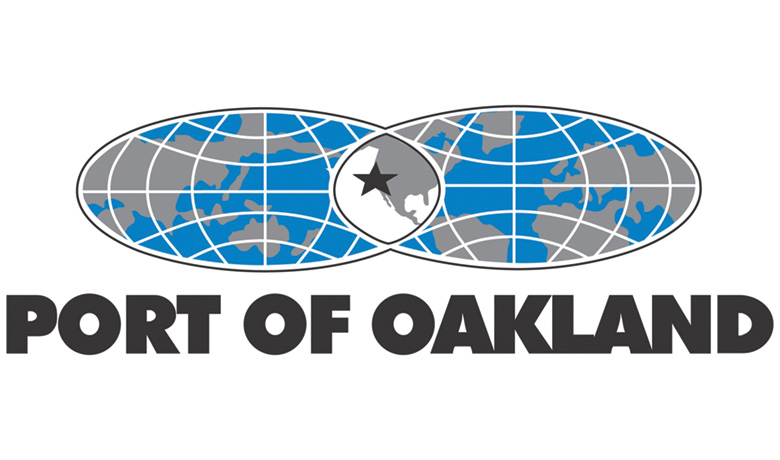 In mid-August, the Port of Oakland announced that its monthly loaded container volumes dropped 28% as compared to the same month in 2021. The reason for the dip? According to the port, it was a nearly week-long protest at the port during July that virtually shuttered each of the port’s container terminals.
In mid-August, the Port of Oakland announced that its monthly loaded container volumes dropped 28% as compared to the same month in 2021. The reason for the dip? According to the port, it was a nearly week-long protest at the port during July that virtually shuttered each of the port’s container terminals.
During the protests, which began July 18 and ended July 23, the port’s shipping terminals were effectively shut down. Specifically, the port said that protestors blocked and slowed traffic, particularly trucks, that were attempting to enter and leave the container shipping facilities located at the port’s inner and outer harbors. They stood in intersections and streets, blocking or impeding ingress and egress of persons and vehicles.
All the aforementioned actions are violations of state and local law and created a significant risk to public safety, the port said.
The trucker blockade was in protest of California Assembly Bill 5, a state law adopted in 2018 that was affirmed when the U.S. Supreme Court denied review of the law. The state statute codifies and expands the scope of the so-called “ABC test,” which states that a worker must be classified as an employee, not a contractor, unless the employment meets all of the following conditions:
(A) the individual is free from direction and control applicable both under the contract for the performance of service and in fact; (B) the service is performed outside the usual course of business of the employer, and (C) the individual is customarily engaged in an independently established trade, occupation, profession, or business of the same nature as that involved in the service performed.
The state had been prohibited from enforcing the 2019 law, also known as the ‘gig worker labor law,’ against trucking while a legal challenge claiming it was pre-empted by federal law made its way through the courts.
But when the U.S. Supreme Court announced June 30 it would not hear the case, meaning the law now could be enforced, it triggered protests in both the Los Angeles-area ports and in Oakland.
In the aftermath, the Port of Oakland said that the protests temporarily prevented the timely flow of international commerce, including medical supplies, agricultural products, auto and technology parts, livestock and manufacturing parts.
As an American, I fully support the right to assemble and protest. I also believe that freedom expression is a fundamental right in the United States.
That being said, I also believe that the weeklong protests at the Port of Oakland were harmful to the port, regional economy and the truckers themselves. By creating a virtual blockage that prevented longshore workers and others at the port from doing their jobs, Oakland’s protesting truckers had a serious detrimental effect on blue-collar work being performed on the docks.
Moreover, the drayage truck blockade kept goods from reaching their final destination – goods sent to and from people that had no role or say in the ongoing conflict over the “ABC test” rule. Many probably had no idea – and maybe still don’t – about the conflict that created the protests. All they know is that the goods that they ordered were tied up on the waterfront.
And those goods could have ranged from creature comforts like clothing and toys to highly important items like rare and expensive medicine, custom-made prosthetic limbs and even pacemakers.
Port of Oakland officials believe that the actions of the truckers deserve punitive measures. On July 25, the port filed a lawsuit in California Superior Court against a number of independent contractor truckers who helped organize and participated in the protests. The lawsuit aims to prevent more protests like the ones in July.
In its lawsuit, the port asked for a permanent injunction against blocking or obstructing vehicular or pedestrian traffic on port property; against violating any laws on property owned or managed by the port; against damaging or removing real or personal property or fixtures or improvements on or constituting port property, or creating risks to the lives and/or safety of persons with legitimate business on port property.
On Aug. 29, the port reached a stipulated permanent injunction with two of the protesting truck drivers.. Per the injunction agreement, these drivers and other protesters aligned with them agree to not intentionally block or impede people or vehicles trying to enter or exit Port of Oakland facilities.
Hopefully the agreement is adhered to, and that people unhappy with legislative actions learn from the situation and take their protests to lawmakers, rather than going to the extreme of shutting down marine terminal operations in order to show their unhappiness with legislation that port operators and clients have no vested interest in or control over.
Managing Editor Mark Nero can be reached at mark@maritimepublishing.com.
